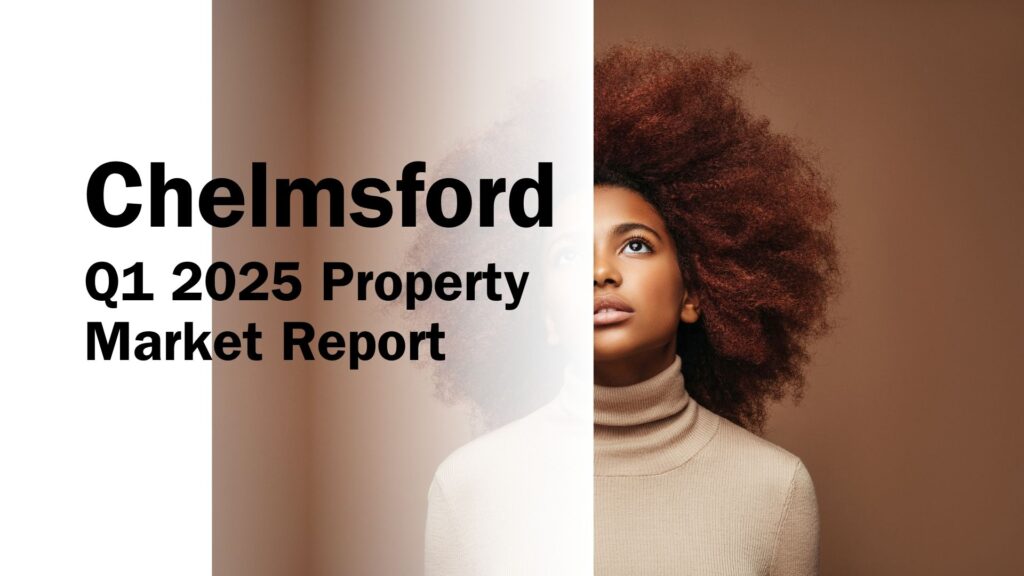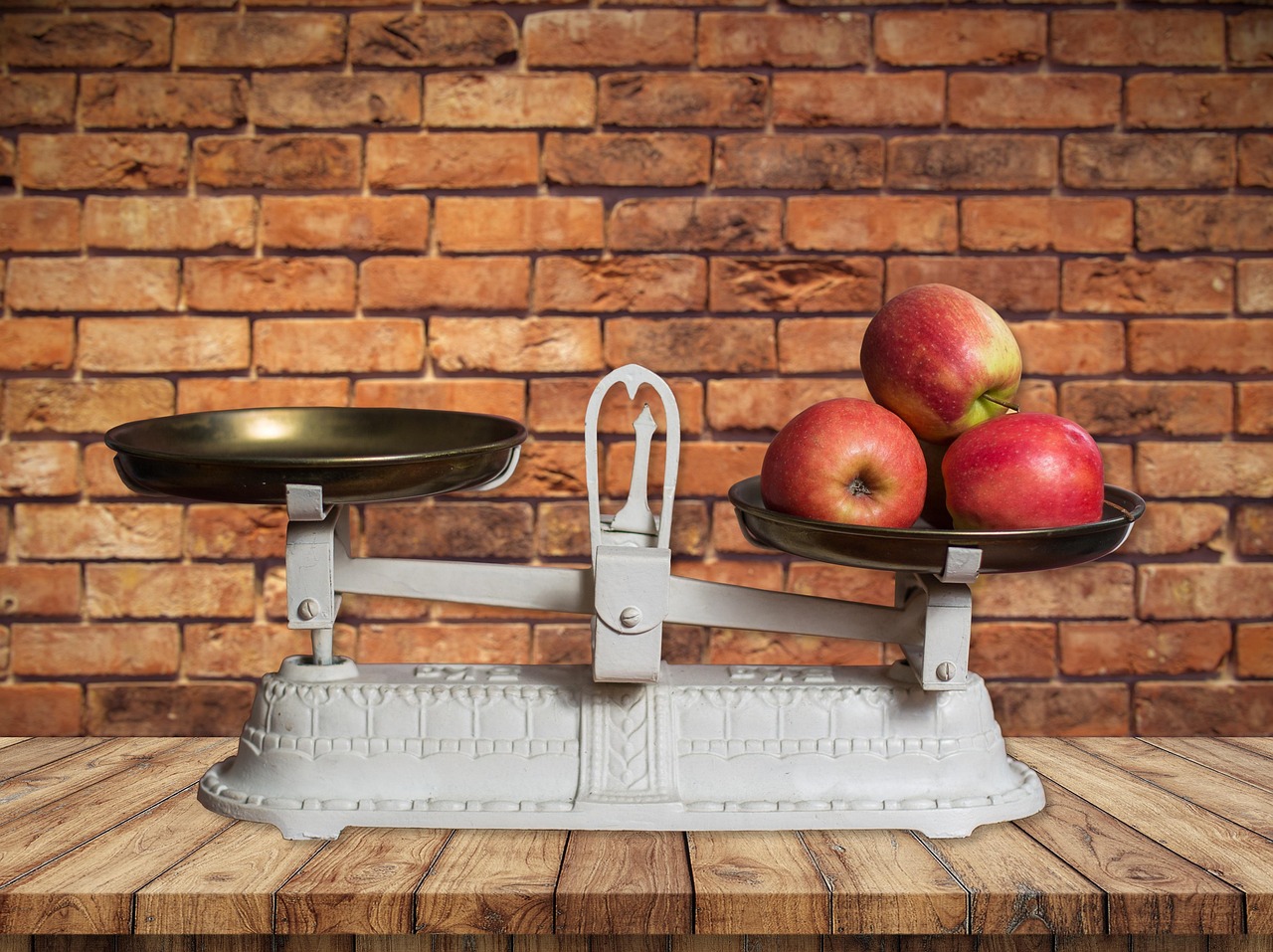 Property Market
Property Market
10 Apr 2025
Chelmsford Q1 2025 Property Market Report
Understanding what is really going on in the Chelmsford…

Property Market
When it comes to buying property, one of the first decisions you’ll face is whether to go for a leasehold or freehold ownership. Understanding the difference between the two can help you make an informed decision about your future investment. But don’t worry – we’ll break it down for you in simple terms so you can confidently navigate the property world.
What Is Freehold Ownership?
Freehold ownership means you own both the property and the land it sits on. This type of ownership is the most common and often seen as the “traditional” way of owning a property. Whether it’s a house or a piece of land, when you buy freehold, you’re in complete control and own everything outright.
Key Advantages of Freehold:
Disadvantages of Freehold:
What Is Leasehold Ownership?
With leasehold ownership, you own the property, but not the land it sits on. Instead, you lease the land from the freeholder (also known as the landlord) for a fixed term, which can range from several decades to even hundreds of years. Once the lease runs out, ownership of the property typically returns to the freeholder, unless you extend the lease or purchase the freehold.
Key Advantages of Leasehold:
Disadvantages of Leasehold:
Which One Should You Choose: Leasehold or Freehold?
Deciding between leasehold and freehold ultimately depends on your personal circumstances and what you value in a property. Here are a few key factors to consider:
Consider Freehold if:
Consider Leasehold if:
Is Leasehold a Bad Investment?
Many people assume leasehold properties are a bad investment due to the concerns over expiring leases and the potential for declining value. However, leasehold properties can still be a good choice for the right buyer, especially if the lease is long enough (over 80 years) and you’re comfortable with the terms of the lease. If you’re thinking of buying a leasehold property, make sure to:
Final Thoughts
Whether you go for leasehold or freehold depends on your financial situation, long-term goals, and lifestyle preferences. Freehold properties offer more control and security, but come with higher upfront costs. Leasehold properties can be more affordable but require careful attention to lease terms and ongoing costs.
Take your time to weigh the pros and cons and ensure you’re fully informed before making such a significant investment. If you’re ever unsure, it’s a good idea to consult an expert or solicitor to help guide you through the process.
At the end of the day, both leasehold and freehold can offer great opportunities, so choose the one that best suits your needs!
If you’re looking for advice with selling, letting, buying or renting your home, we would be delighted to have the opportunity to discuss the options available. Feel free to call us on 0203 985 1976.
Lets get started! Our valuations are based on our extensive knowledge of the whole of the market.
Get a valuation